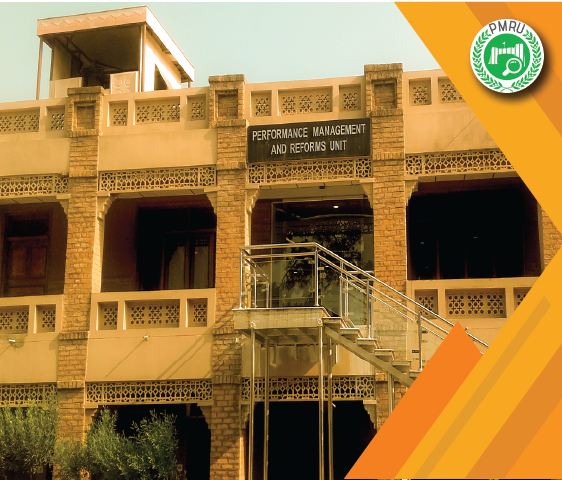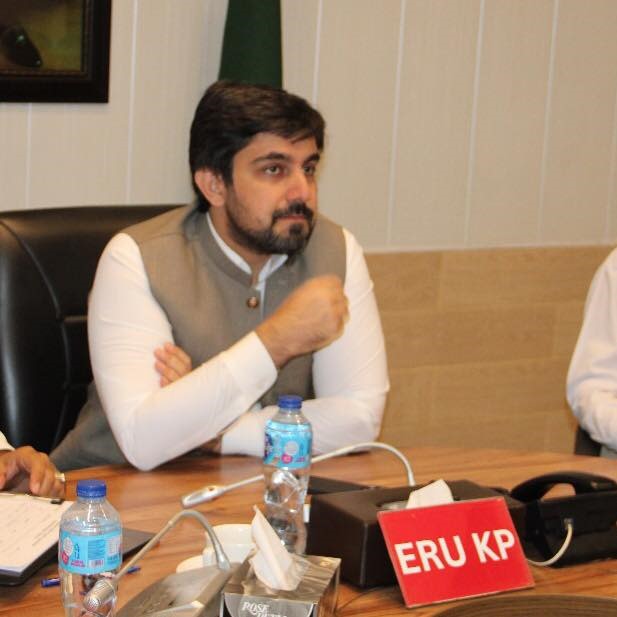PMRU was established in the Office of the Chief Secretary, Khyber Pakhtunkhwa with the aim to improve the performance of all tiers of provincial government through innovative use of Information and Communication Technology. In this regard the PMRU has spearheaded multiple reforms to improve governance at the district and provincial levels

Ensuring effective and efficient service delivery to citizens
Promoting transparency and accountability in government functions

Promoting use of latest digital technologies
Establishing culture of Quantified Performance Management
Open government is citizens’ right to access all the documents and proceedings of the government for effective public oversight, and transparency implies that the government processes should be conscientious enough to bear public scrutiny. Under the good governance strategy, an attempt has been made towards pro-active disclosure of information to the public, easy access of the public to government offices and their outreach and interaction. Moreover, open data portals and government transparency indices are introduced to ensure transparency in government processes, and ease of doing business.
Public service delivery is one of the most important pillars of good governance. Public Services provide the most common and effective interface between the people and the government. Under the Good Governance Strategy, an attempt has been made to ensure public services delivery through the implementation of regulatory functions, and smart management for improved performance and technology-driven service delivery.
Citizen participation implies that public contribution will influence the decision-making of the government. It may be regarded as a way of empowerment and a vital part of democratic governance. It, further, entails that the citizen’s complaints against the government are adequately addressed and their feedback is considered in policymaking. Besides, the citizens are involved in budget-making and developmental schemes. Under this strategy, the government emphasizes on identification and mapping of short terms and long terms citizen engagement, social empowerment and community development.
Good governance implies the simplification of government processes and accessibility of the common man to the power echelons of the government in order to make them accountable for their performance. Performance and accountability can only be ensured through coordination among all the departments of the government, internal accountability and career planning of the public office holders. For this purpose, this strategy document has identified certain areas for better coordination between District governments and Line Departments. Besides, internal accountability has been brought about by conducting inquiries and taking disciplinary actions against those public office holders who are found negligent in duty. This strategy document has also introduced intelligent career planning and performance-based assessments like intelligent transfer/posting and HR profiling of officers, performance-based ACRs and quantification of officers' performance. Accountability is further ensured through e-procurement and e-recruitment processes and public oversight of ADP schemes.
Good Governance has been changing due to the market dynamics and ever-increasing demands and parameters for ensuring efficient administration based on the optimum utilization of available resources. This strategy aims to introduce and institutionalize scientific innovation and technology through the digitization of data regarding government processes, computerization of human resource/employees’ data, and land records. The use of citizen’s portal mobile apps, ERP, GIS and MIS are the manifestations of government responsiveness to achieve a competitive edge and attain the ultimate goal of good governance.







